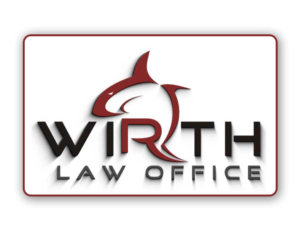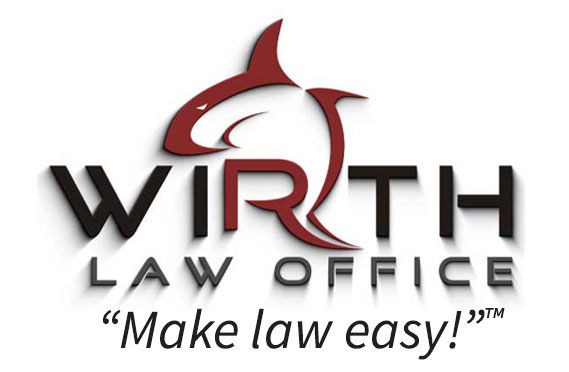Probable Cause Is Needed to Move a Case Forward
 Video Transcribed: Hi, I’m Stuart Ericson, an attorney in Wagoner. Today we’re talking about what is a preliminary hearing and that is found in Title 22, section 258 of the Oklahoma statutes, the law.
Video Transcribed: Hi, I’m Stuart Ericson, an attorney in Wagoner. Today we’re talking about what is a preliminary hearing and that is found in Title 22, section 258 of the Oklahoma statutes, the law.
So a preliminary hearing is only conducted in felony criminal cases. So misdemeanors, there is no preliminary hearing. A preliminary hearing is basically a hearing to establish probable cause that there is enough evidence to justify the state of Oklahoma going forward in a criminal case, to justify somebody to stand for eventual trial or whatever disposition the case is going to take.
So it is, a preliminary hearing is, after the arrest, after the initial appearance, and well before any… Obviously, it’s before a jury trial. And it is called a preliminary hearing. It’s where the state has to call witnesses who would have to testify under oath.
And two things have to be established through the preliminary hearing. One is that a crime was committed. And number two, there’s probable cause to believe that the defendant committed the crime. So again, it’s not a jury trial beyond a reasonable doubt standard. It’s just a probable cause standard, more likely than not. And the judge is the one that determines that.
Now, since it is a preliminary hearing, the state of Oklahoma generally doesn’t call all the witnesses they would in a jury trial because the standard is a lot lower. It’s just probable cause. So they may only call one witness if they can get away with it or two. Just enough to say, hey, here’s the crime.
And if it’s a victim crime like it’s a purse snatching robbery, let’s say, they could get out of that preliminary hearing with one witness. The witness could say, yeah, on such and such a day in Tulsa or Wagner County or anywhere that person right there sitting at that table pushed me down, grabbed my purse, and ran away. Well, you’ve established the crime and that person probably did it.
Now the defense gets to cross-examine those witnesses, which is a big benefit because they are under oath and they have to give their answers. And if there’s a future jury trial, those answers are kind of set in stone. If they want to change those answers at a jury trial, they’d have to explain why their answers were different back at the preliminary hearing. So there are a lot of advantages for the defense to put on a preliminary hearing, especially if you know you’re likely to go to a jury trial on the matter.
And when this evidence is presented, the judge in the case doesn’t decide who’s telling the truth. It’s not a truth-telling mission, oddly enough. Of course, that’s what a jury trial is for. A jury decides who’s telling the truth.
In this case, the judge is just listening for, did the witnesses establish a crime, and did somebody say with probable cause that the defendant did it? So that’s all they’re really looking for. They’re not really looking and are unable to truly decide who’s telling the truth and who’s not.
So at the end of a preliminary hearing… Now, sometimes the state fails to meet that burden and the defense attorney, me, I would demur the evidence and say, “Judge, they haven’t established probable cause for a number of reasons and we’re we’re going to ask you to dismiss this.” And that has happened. And that can happen at times.
If it doesn’t happen, then the defendant is bound over for trial. Let’s call it to bind over. And then you’re setting off for district court arraignment and then your case proceeds from there.
So that’s kind of what a preliminary hearing is. If you have any questions, reach out to me, Oklahoma criminal defense lawyer Stuart Ericson at wagonerlawyer.com.







